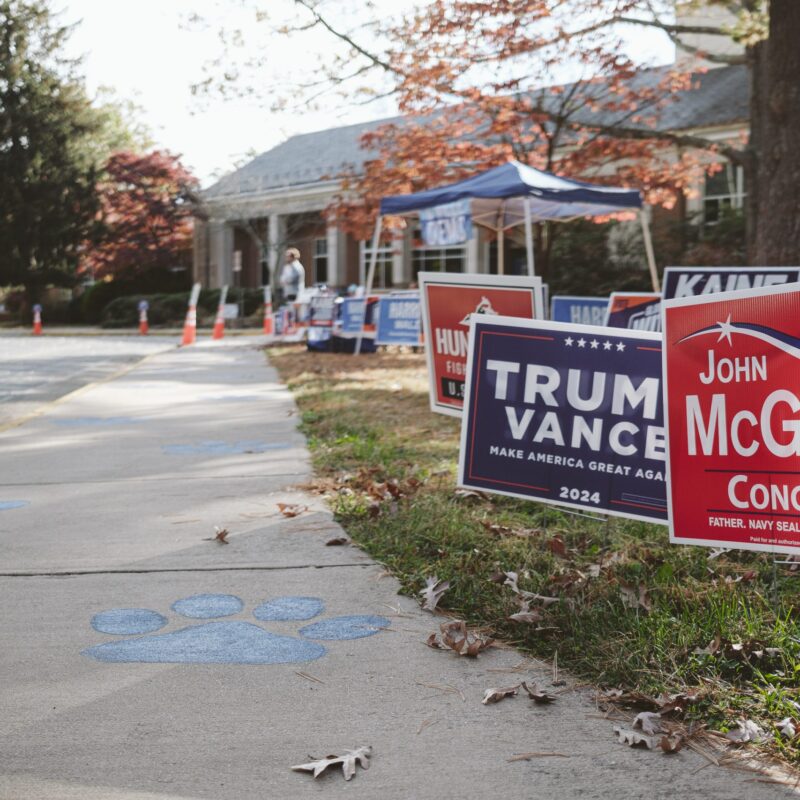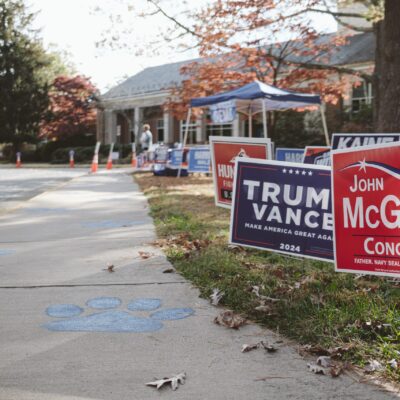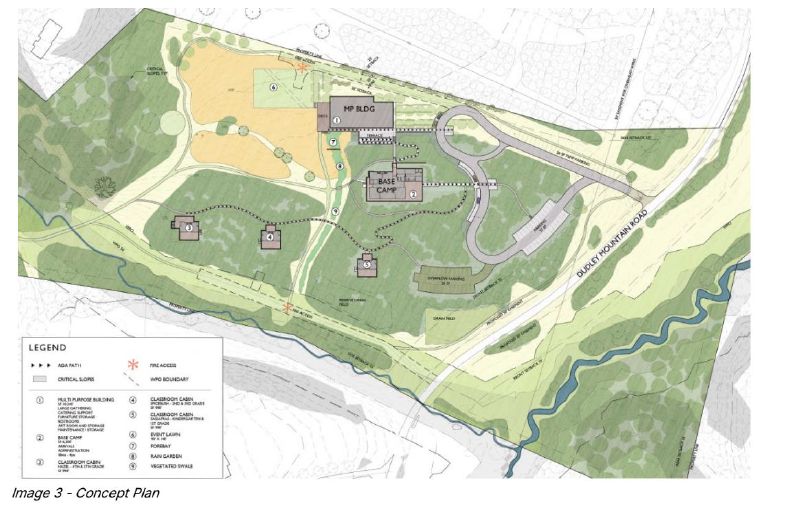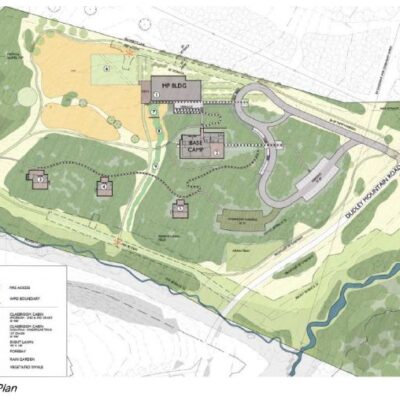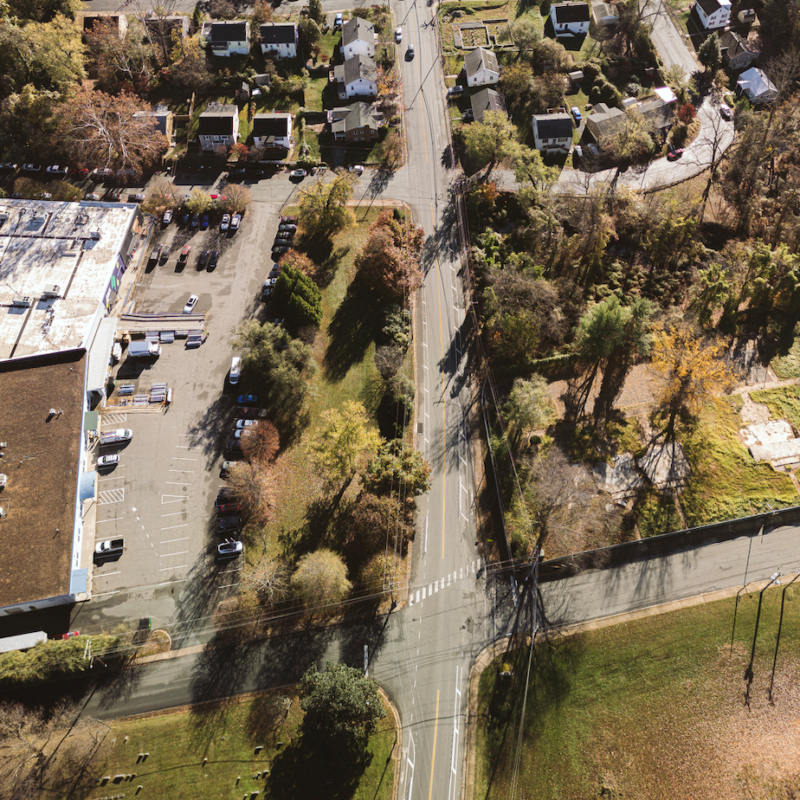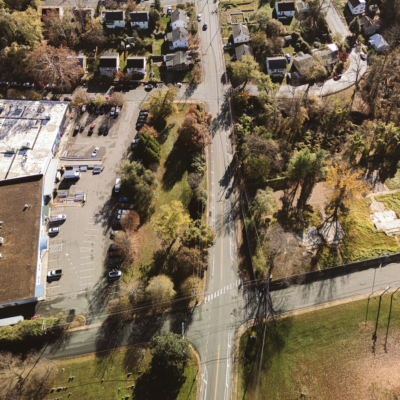Now part of the Department of Homeland Security, the USDA has prosed the National Animal Identification System which, if it becomes law, would eventually require that all sorts of animals—from chickens to goats to horses—carry electronic tags that can be tracked with Global Positioning System (GPS) units. Small farms would have to follow the same rules as giant cattle ranches.
“It’s an unbelievable bureaucratic, logistical nightmare,” says pastured livestock farmer Joel Salatin of Swoope, Virginia.
“This will eliminate small farms,” says Debbie Stockton, a member of the Virginia Independent Consumers and Farmers Association and editor of VICFA Voice. The advocacy group is now gearing up to oppose NAIS in the Virginia General Assembly.
Whether or not to mandate the animal tagging has been left up to the states, who are being asked to implement the program in a three-stage process. The first stage—premises registration—is currently voluntary in the Commonwealth, and so far about 2,750 Virginians have registered their farms.
The second phase involves assigning each animal an ID number linked to an electronic tag, such as an implanted microchip. Every new animal born on a farm will have to be processed. The third phase involves actual GPS tracking of the animals, which will require owners to log their movements into a database every time an animal enters or leaves the premises. The impact of such a law on Virginia producers could be significant. Well over 90 percent of the state’s farms are considered small, or “family” farms, according to Virginia Department of Agriculture and Consumer Services (VDACS). What’s more, the agency reports that nearly a quarter of these farms don’t use computers, or have access to a dial-up connection in their rural areas.
The NAIS program has been in development since 2002. It was first proposed as a government-industry collaboration to help track disease outbreaks and enhance beef exports to disease-wary countries like Japan. The final cost is unknown, but the USDA spent $18.8 million on it in 2004, and requested another $33 million last year. Critics say this will translate into higher food costs, and claim that small farmers who don’t export will find NAIS nothing but a burden. Not even the technology-adverse Amish would be exempt, Salatin points out.
What’s more, critics argue, tracking won’t prevent disease outbreaks, which are most likely to come from overcrowded, factory-scale farms in the first place.—Sheila Pell
